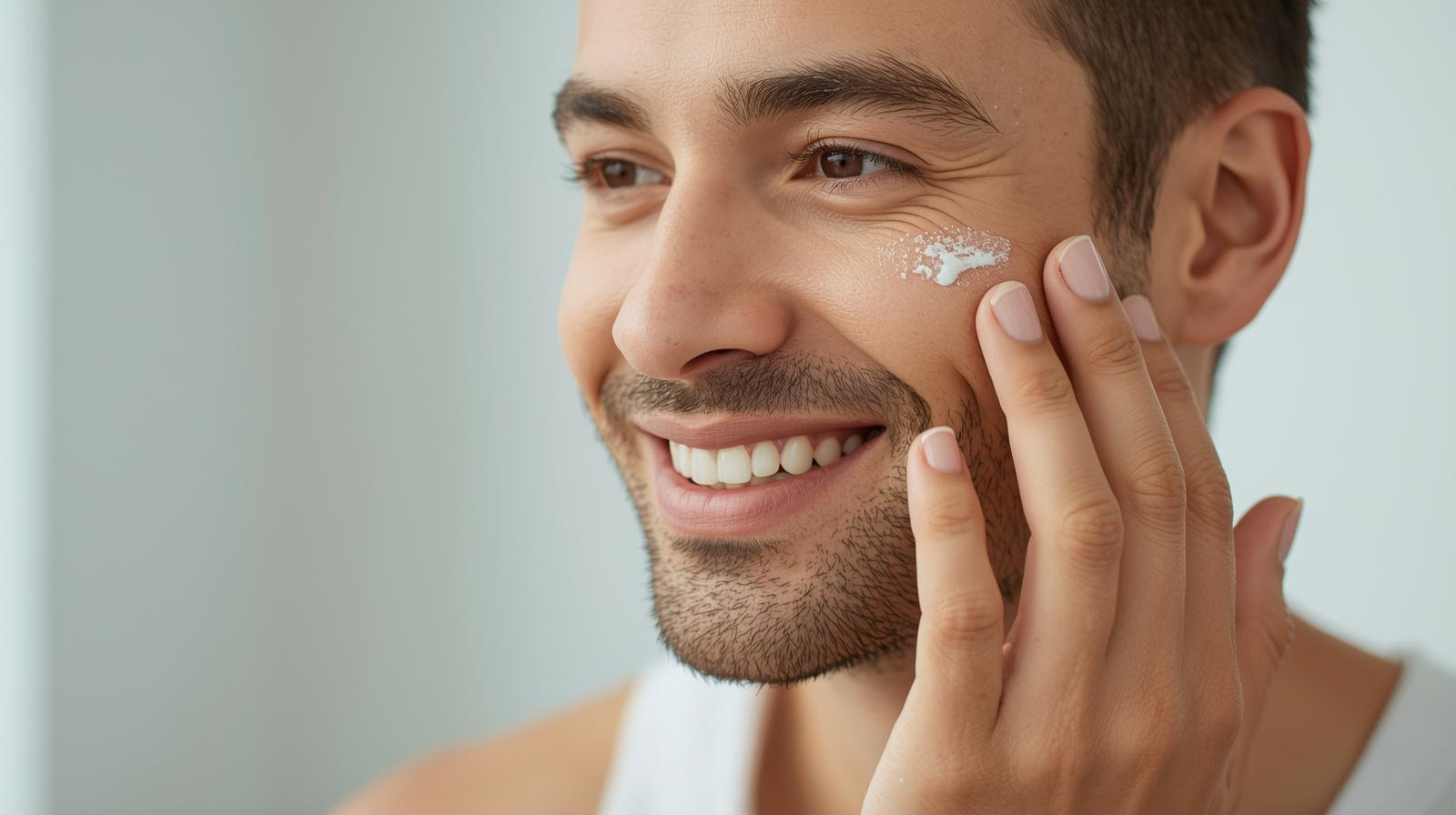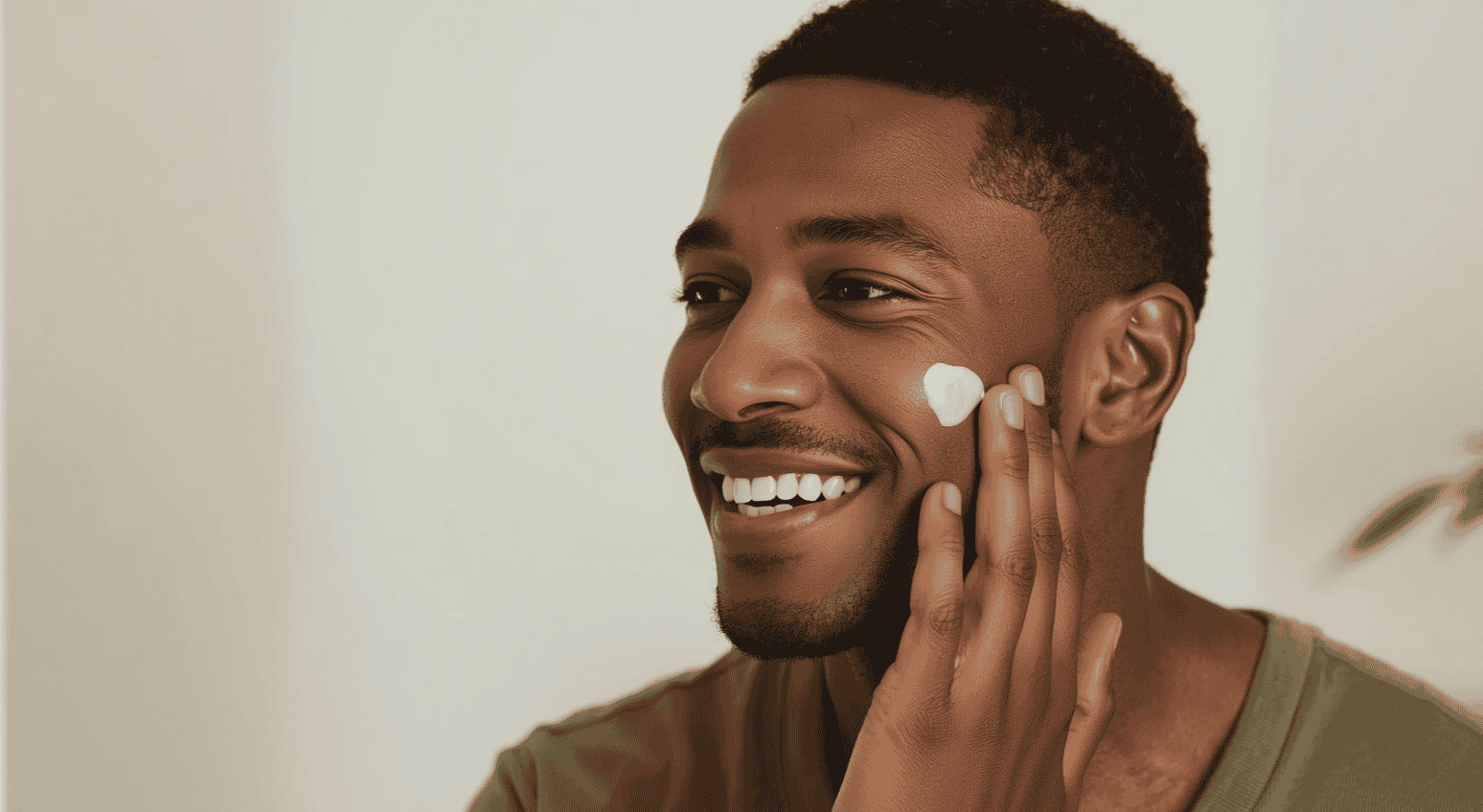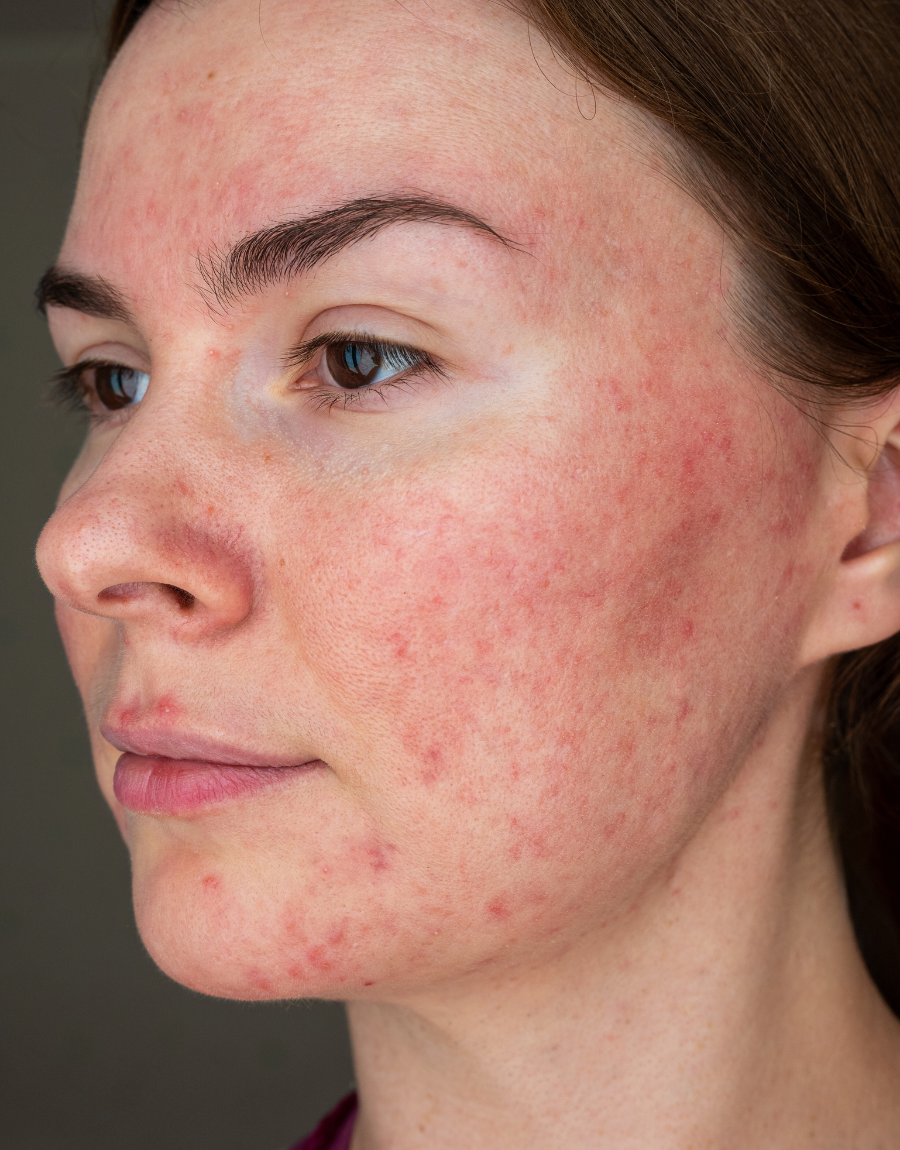
Rosacea
How exactly does rosacea develop? What is the best way to care for sensitive skin with rosacea? Which products should you use or not use? What is the role of nutrition, and which
treatments are available? I will list it all clearly for you.
What is rosacea?
Rosacea is a skin condition in which the skin, especially on the face, is sensitive and quickly becomes red. It is common in women and usually starts after the age of thirty. The symptoms
vary from redness and visible blood vessels to bumps, swelling and sometimes dry, red eyes. With rosacea, there are several types of skin complaints possible, such as a burning sensation, dryness and edema.
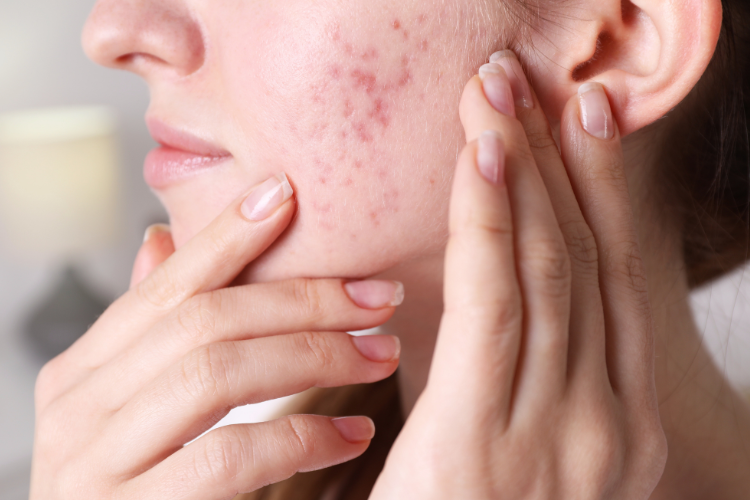
“Rosacea is a complex skin condition, but with the right care and treatment you can significantly reduce the symptoms and keep your skin healthy and calm.”
Love Amy
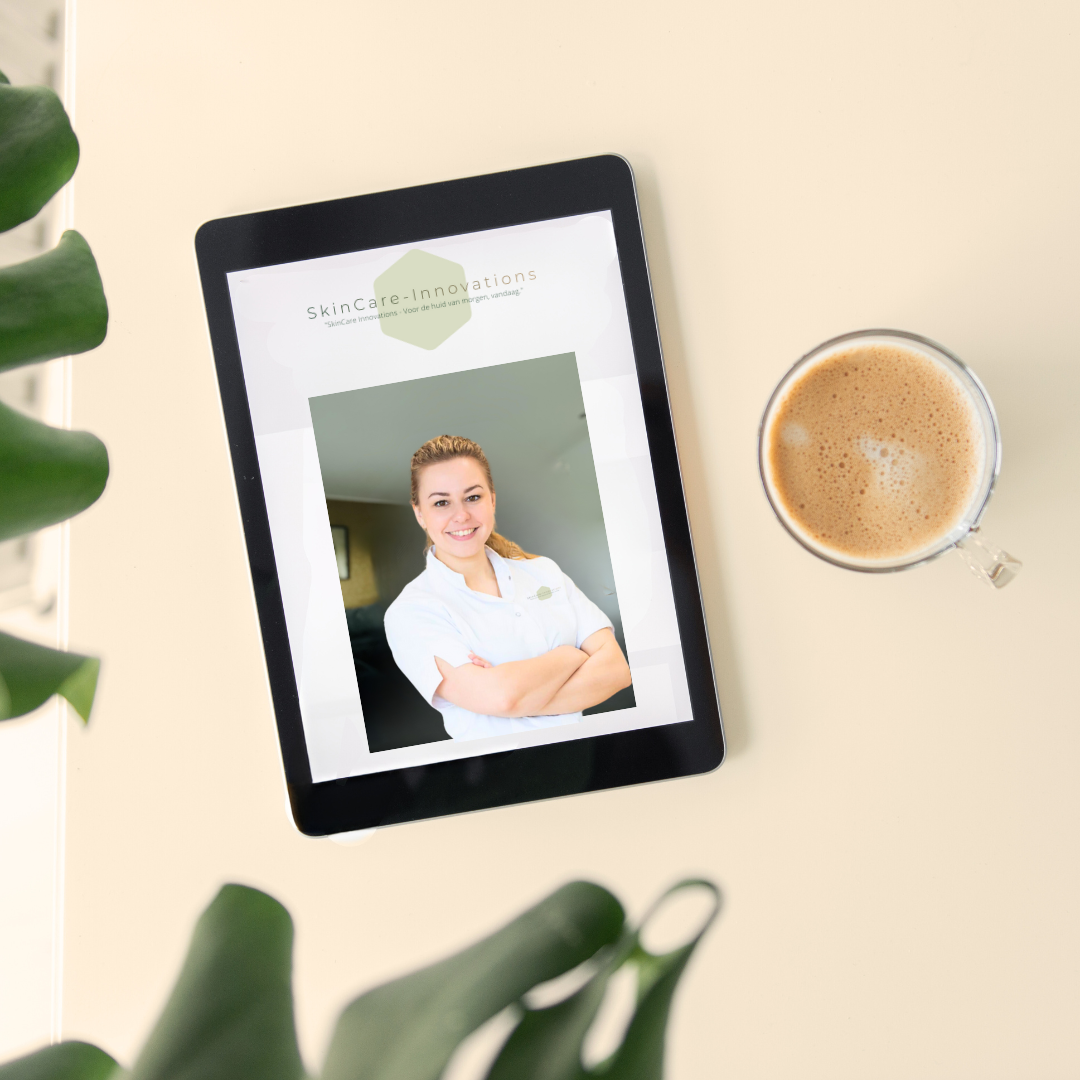
Online advice
Online consultation with a skin therapist is structured and personal, where I use modern technology to help you remotely. Here is how the process usually goes:
Make an appointment : I make an appointment via my website or app, often with the possibility to fill in questionnaires about your skin problems, skin type and previous treatments. This gives me a good first picture of your situation.
Preparation: Sometimes I ask you to send pictures of your skin, so I can get a clear picture of your skin condition. We can also schedule video calls for a personal conversation.
Online consultation: During the consultation I will discuss your complaints and goals via video, telephone or chat. I will ask specific questions about your skin problems and skin care routine.
Personal advice: Based on our analysis, I provide personalized advice on skin care products, lifestyle tips and any additional treatments.
Aftercare and follow-up: After the consultation you will receive a summary of my advice and a step-by-step plan. I offer follow-up, so that we can discuss your progress and make adjustments where necessary.
Benefits of online advice:
Accessibility: You get advice from home, without traveling.
Time efficient: No travel time, and flexible appointments.
Personal advice: Everything is tailored to your skin type and problems.
Online skin advice offers a convenient and effective way to get personal help for skin problems, with my expertise as a skin therapist.
Love Amy

